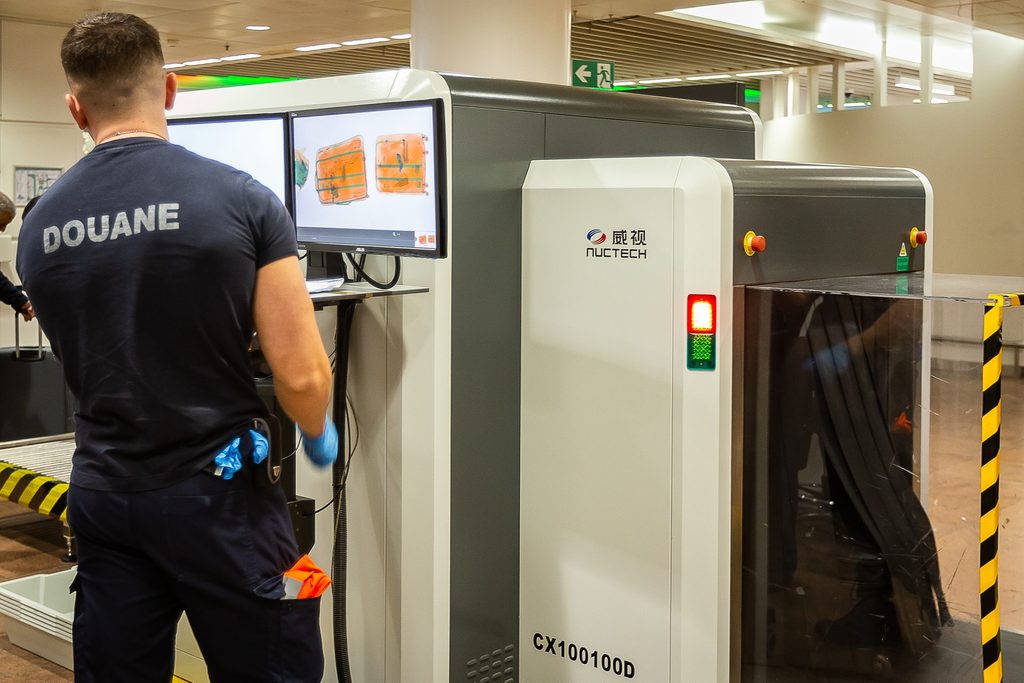One of the largest amounts of illegal drugs seized in the European Union in recent years took place at Zaventem's Brussels Airport in mid-July.
A record total of 1,500 kilograms of illegal drugs were seized at Brucargo, the cargo department of Brussels Airport, the Federal Agency for Medicines and Health Products (FAGG) reported on Wednesday.
The drugs were discovered during an inspection by customs and the FAGG on 14 July 2023 in a cargo of linseed. "More than 1.5 tonnes of medicines, or more than 1.6 million tablets, were eventually involved. This is one of the largest seizures in the European Union in recent years," a statement on the FAGG website read.
The use of illegal drugs not only poses serious health risks, it also complicates medical treatment. The agency's special investigation unit has launched an investigation
'Poor-man drugs'
The packages that were discovered during the inspection included several non-compliant medicines, such as Careforce-100, Cobra-120, Pregacare-300, Artvigil-150, drugs that contain active ingredients such as sildenafil, which is an erectile stimulant that can be dangerous for people with underlying health problems.
Customs also found pregabalin, which is ordinarily prescribed as an anti-epileptic but is increasingly being sold illegally as it enhances the effects of opioids. This once again highlights the increased consumption of the drug in Belgium.
The Brussels North police zone this summer seized more than 4,200 pills of Rivotril and Lyrica, the commercial names for pregabalin. These can be bought on the street for as little as €1 per tablet, which is why the product is dubbed the "poor man's drug."
Michaël Hogge, project manager at the socio-epidemiological alcohol-drug observatory Eurotox, told Belga news agency that the first signs of diverted use of pregabalin were detected in 2016-2017 by associations working on the front line with migrants and refugees. "The drug seemed to be widely prescribed on migratory routes to treat generalised anxiety disorders or post-traumatic stress disorder."
Subsequently, the phenomenon seems to have spread to the entire vulnerable population, particularly in Brussels, where people find it a way of "making life in precarious situations more bearable, alleviating the symptoms of untreated mental disorders, or anaesthetising the physical or psychological pain caused by the traumas they have experienced."
Related News
- Tackling Belgium’s drug problem: Legalising cannabis is ‘common sense,’ says Economy Minister
- Police launch massive crackdown on crime at Brussels-Midi station
However, the number of people receiving at least one reimbursed prescription of pregabalin each year has risen from 24,485 in 2014 to 155,544 in 2021. "The high level of accessibility is currently facilitated by the fact that the drug is not registered as a high-risk narcotic and that prescribers are not sufficiently aware of the very existence of misuse," Hogge said.
He stressed that curbing the phenomenon will require "structural measures in terms of dispensing conditions" and a "strengthening of the range of reception, assistance and support services for vulnerable groups."

